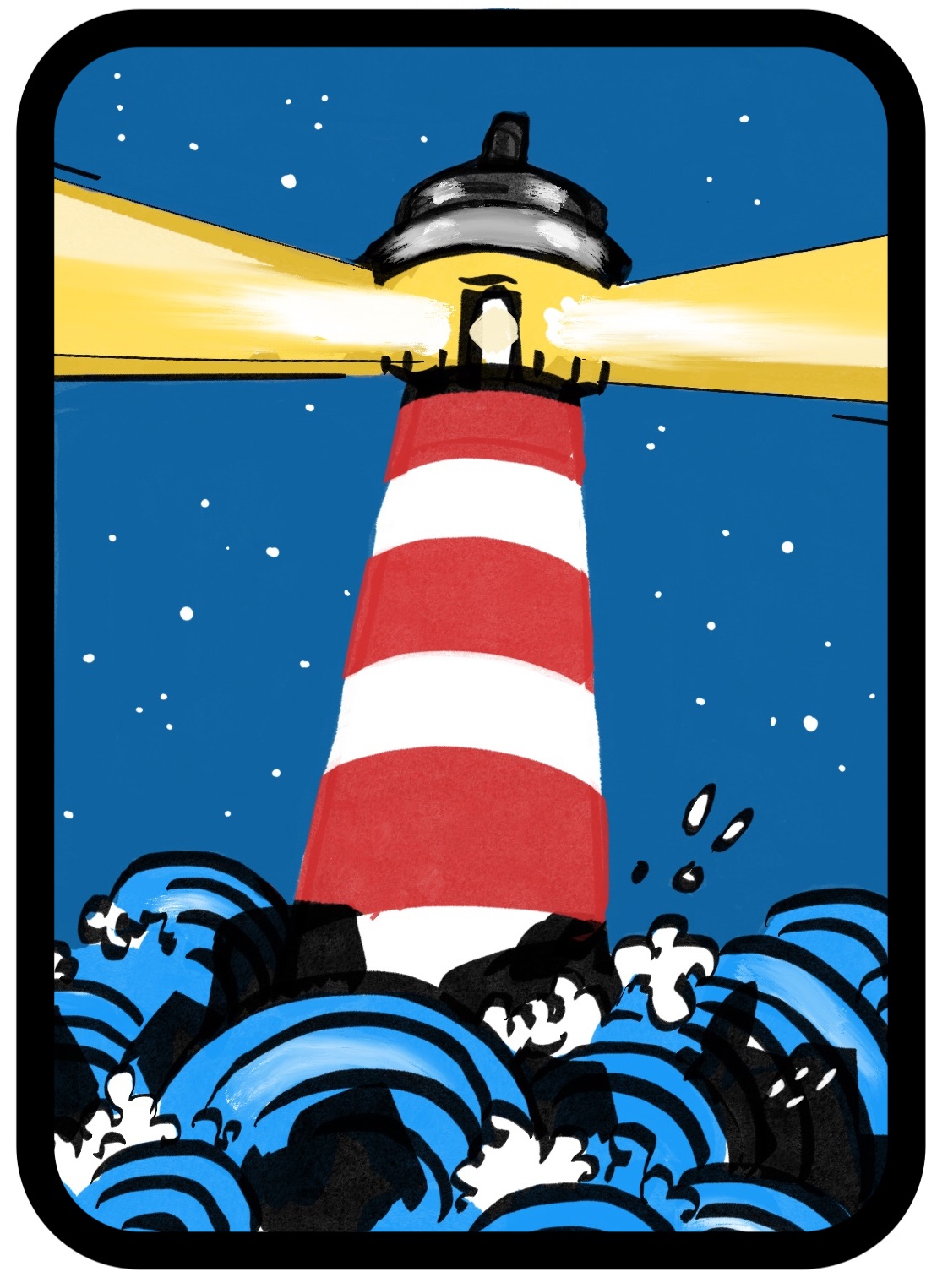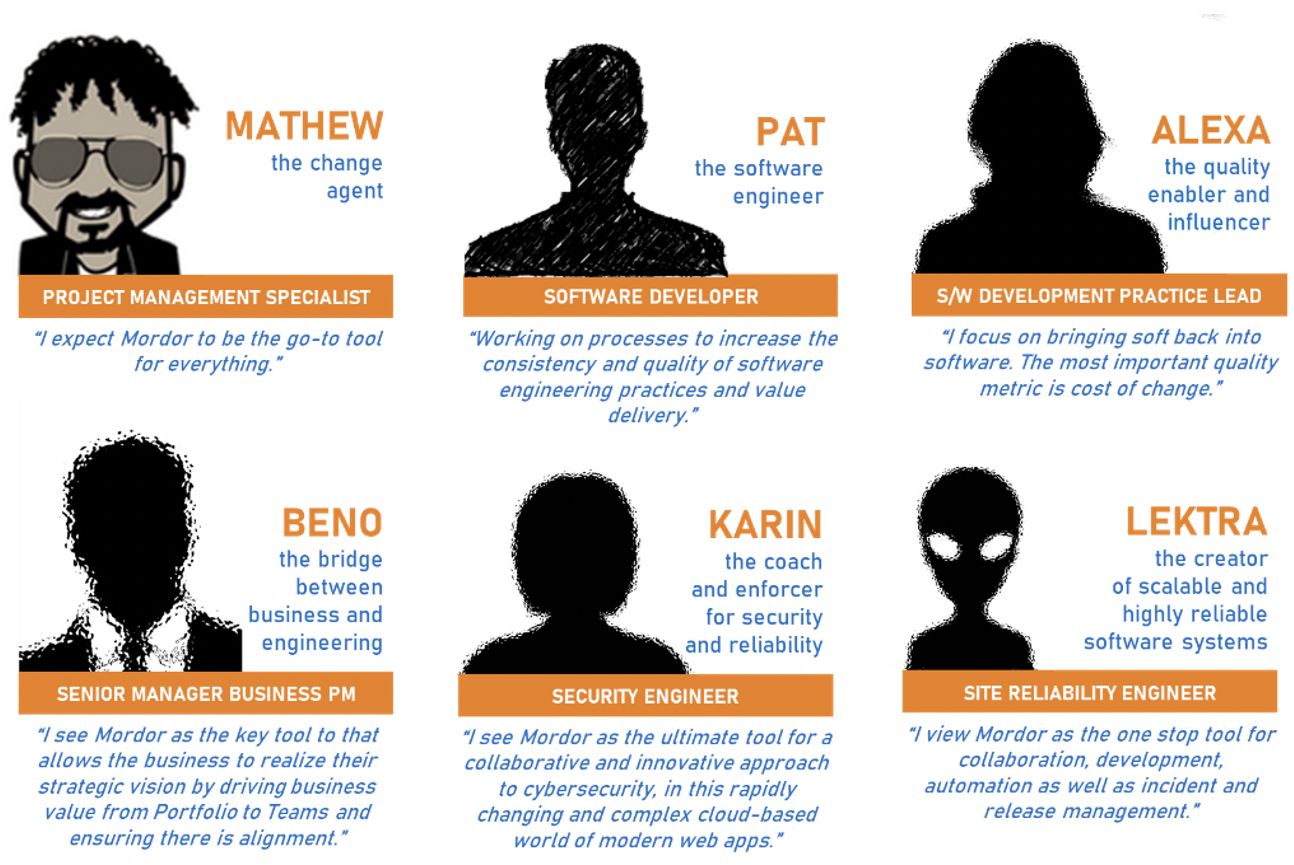CIO
Born 1965, San Antonio, Texas and lives in Dallas, Tx.
Mr. James, Ronald, Maverick holds a Bachelor of Science in Psychology at The University of Texas, San Antonio.
Mr. Maverick or JR as many call him is a “slick” but warm and friendly character in our upcoming book on the DevOps Mindset. Mr. Maverick cares about his IT team very much and could charm the socks off a Texas Longhorn. JR is liked by many in his organization; however, he is not as well trusted by the Overlords as he used to be. Mr. Maverick has a group of loyal staff, including Mr. Barker a bit of an opposite to JR. Of course, Mr. Barker would never call him JR; he would only call him Mr. Maverick because well, Mr. Maverick is his boss. Mr. Maverick has held many IT positions in the past, including starting as a Sales Professional for HP and IBM mini and mainframe computers. Over the years he has risen through the ranks to hold this senior position by delivering using high-paid consultants and Big name firms. He also received his promotion from outsourcing to a foreign country where he was able to reduce his IT spend significantly. Recently he has discovered (actually this was made painfully aware to him by the Overlords) that both the Offshore roadmap and use of external consultants was not giving him the value and velocity for his IT department, and he was probably paying more than he bargained for
So, after hearing a talk at a DevOps event by the Agents of Chaos, JR decided to enlist them to help with their digital transformation roadmap and help improve the value, focus and velocity of his department. However, MR. Maverick has a few ideas about agile and DevOps, something he has heard about for a while and read in various CIO magazines; he thinks of these as Marketing terms and something that can be bought. While Mr. Maverick has held on for many years to traditional IT ways of working he has come to the end of his tenure if he doesn’t do something fast and get DevOps working quickly as he has promised to the Overlords providing him with a little more rope to get the transformation completed more quickly as they view his IT department ageing, procrastinators who are not able to keep up with business demands. JR says in his mind, “I will get it done, they don’t call me Maverick for nothing!“







